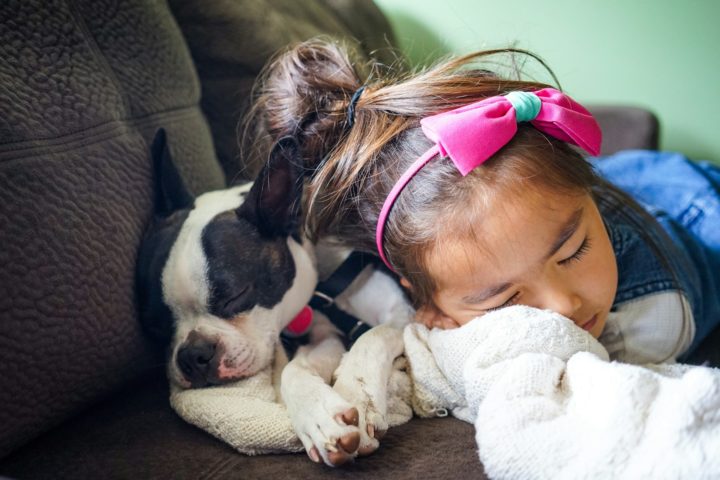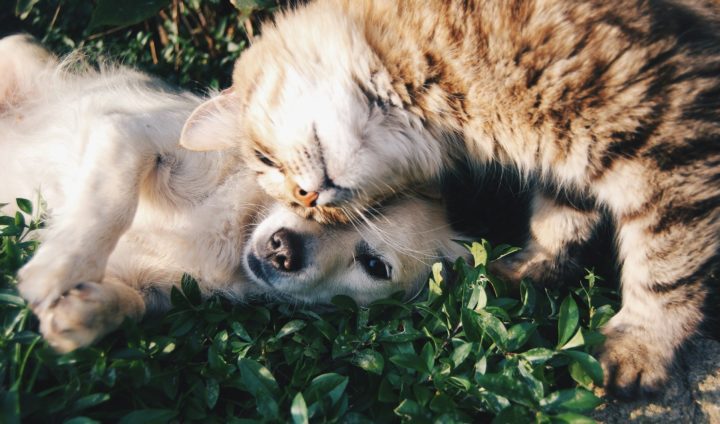How Pets Make a Big Difference for Kids in Foster Care
So, we all know that kids in foster care go through tough times, right? It’s not easy for them, and they need all the support they can get. One thing that can really help them out but sometimes gets overlooked is having a pet. Yeah, you heard right – pets can be total lifesavers for kids in foster care. They offer so much more than just cuddles and wagging tails. These furry companions can help foster kids get emotional support, connect with other people, and even boost their development!
Don’t believe me? Keep on reading as we dive into how pets play a huge role in helping these kids feel better and do better.
The Emotional Aspect
Imagine being a kid in foster care, feeling lost and unsure about everything in your life. Now picture having a furry buddy by your side who’s always there for you, no matter what. That’s what pets do for these kids. They provide comfort when things are tough and a sense of security in the midst of all the chaos.
For children who may have experienced abandonment or neglect, the bond between them and their pets can help build trust, confidence, and a sense of connection. Studies have even shown that interacting with pets can greatly reduce stress and anxiety levels in children. Leon Smith, from Therapeutic Family Life, explains that the support these furry friends give is highly therapeutic, and it helps children cope with the difficulties of foster care. With a pet around, kids feel less alone, less anxious, and just happier overall. It’s like having a built-in BFF who’s there for you through thick and thin.
And get this – pets are great listeners! Kids can tell their pets anything, cry on their fur, or just hang out quietly together. For those kids who might find it hard to express themselves in front of others, pets can provide that non-judgmental friend they need. They’re a safe space to let out emotions and feel understood, even if they can’t actually talk back. In general terms, having a pet brings a sense of stability and love that these kids might not always get elsewhere.
8 Ways to Help Our Children Deal With Their Big Feelings
Connecting Kids with Others
Pets are not just there for cuddles; they’re awesome at helping kids learn important life skills too. Taking care of a pet teaches responsibility, empathy, and compassion as they learn to consider the needs of another living being – all super important stuff.
Plus, pets are natural conversation starters. Who doesn’t like to talk about the funny thing their pet did yesterday or how cute they look when they sleep? Kids in foster care can bond over their pets with friends, neighbors, or even their foster parents. It’s a way to connect and feel like they belong, which is huge for their confidence and social skills.
Sometimes, kids in foster care struggle with trusting adults because of past experiences. But pets can bridge that gap and help build that much-needed trust. When kids and their caregivers take care of a pet together, it creates opportunities for bonding, communicating, and strengthening their relationship. It’s like a little furry cupid bringing everyone closer together! Additionally, when a child first comes into a foster home, they may be wary of the treatment they’ll receive, but seeing a pet that is well taken care of and loved can help ease their concerns, allowing them to trust more easily.
The Effects on Kids’ Development
Having a pet isn’t just about fun – it’s also good for the brain and body! Being placed in foster care is already a traumatic experience that can impact child development, but having a pet around can help combat this, aiding in their overall well-being and growth. Studies show that kids with pets often do better in school. They may become more focused, motivated, and better at handling their emotions, which ultimately leads to a better chance of learning and retaining what they’re being taught.
Taking care of a pet also teaches kids about responsibility, organization, and the importance of routines, as they need constant feeding, grooming, and exercise. Furthermore, playing with pets can help improve a child’s coordination and motor skills.
Pets are also great for sensory experiences. Kids can touch, feel, and interact with pets in ways that stimulate their senses. It might sound strange but interacting with pets’ different textures, temperatures, and sounds can actually promote a kid’s sensory development. Plus, pets encourage physical activity, and most of the time, they have the energy to match children. It’s no secret; that playing with a pet or walking a dog is a fun way for kids to stay active and healthy.
How to Keep Dogs Healthy
Challenges and Care
Having pets in foster care is amazing, but it also comes with challenges. For example, foster parents must ensure the safety of both kids and pets by following laws and agency guidelines and watching out for health concerns like allergies.
Some legal considerations related to pet ownership in foster care include agency policies, permissions, and compliance with state regulations. In regard to health, the agency must assess the specific needs and sensitivities of each child and ensure that potential issues are addressed. If a child is allergic to a dog, then maybe a foster home that has one isn’t the best placement for them.
Both children and pets should be trained and supervised when together, as this can facilitate positive interactions and promote respect for animals. On the other hand, foster families should have access to programs that educate them on pet care, behavior management, and responsible pet ownership. Lastly, foster parents should be certain they can provide financially for their pet to cover the expenses of food, grooming, vet care, and other essential needs. If the pet is going to be an important part of the foster child’s life, the child needs to be free of the burden of being able to provide the care needed for his new best bud.
Pets are superheroes for kids in foster care, offering love, comfort, and a sense of belonging when it’s needed most. By recognizing the power of pets in supporting these kids, we can create warm and nurturing spaces that help them heal, grow, and thrive. Let’s all come together to make sure kids in foster care have the chance to experience the benefits of having a furry friend by their side – because every child deserves to feel loved and supported, no matter what. Let’s keep the tail wags and purrs coming for these amazing kids!







